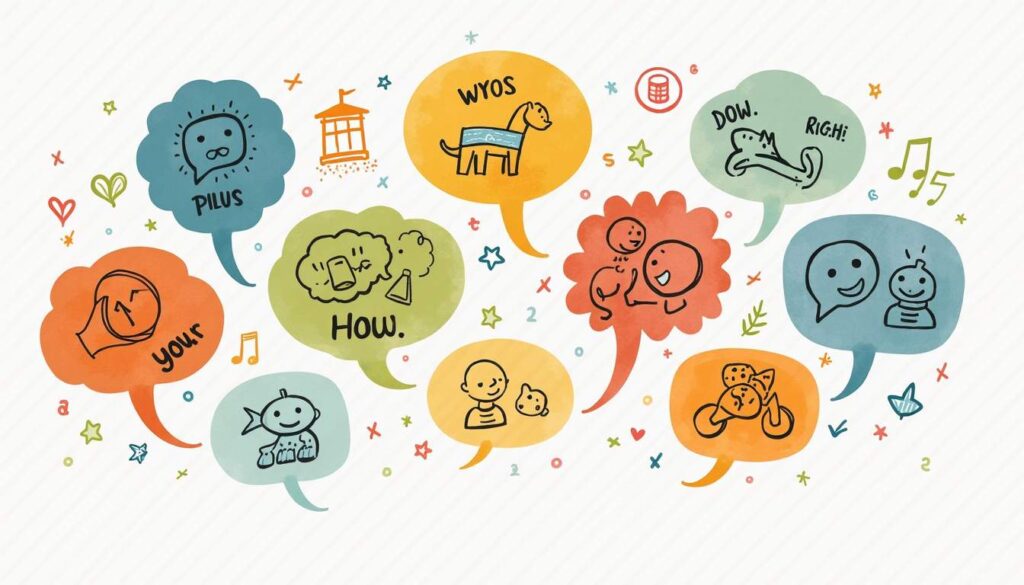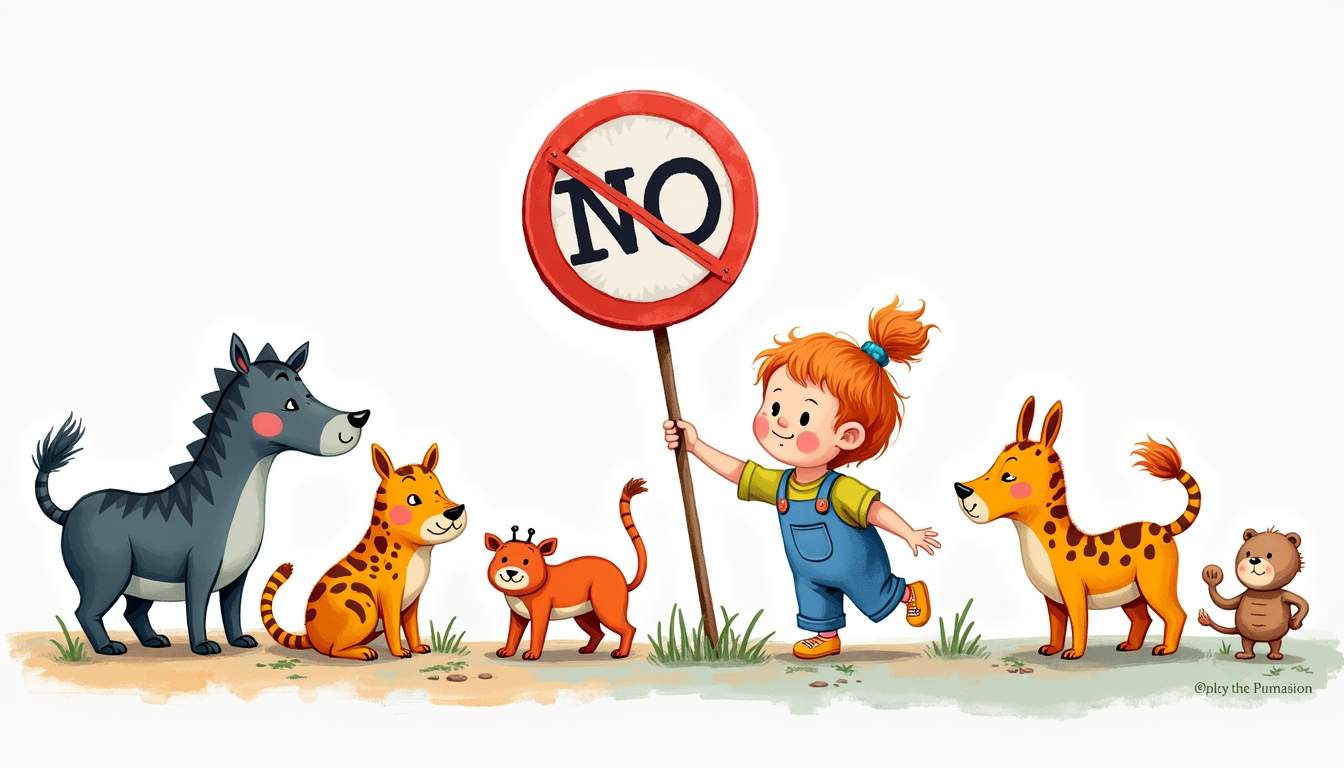Every parent eagerly anticipates the moment their child begins to speak. Those first words are often celebrated with joy and excitement. However, as toddlers grow, some may experience speech delays, leading to concerns among parents. Understanding when to worry and when to relax can be crucial in navigating these developmental milestones. This article aims to provide clarity on toddler speech delays, offering insights into typical language development, signs of concern, and strategies for support.
Understanding Typical Language Development
Language development in toddlers is a complex process that varies significantly from child to child. Generally, children begin to say their first words around 12 months, and by the age of two, they should be able to combine words into simple phrases. However, these milestones can differ widely, and it’s important to recognize the range of normal development.
Milestones to Watch For
By the age of one, most toddlers will have a few words in their vocabulary, such as “mama” or “dada.” As they approach 18 months, they typically expand their vocabulary to around 10 to 25 words. By two years, children often use around 50 words and start to form two-word combinations like “more juice” or “big truck.” These milestones provide a general guideline, but variations are common. In addition to these verbal milestones, toddlers also begin to understand the rhythm and melody of speech, often mimicking the intonation patterns of adults. This early imitation is a crucial part of their learning process, as it lays the foundation for more complex language skills in the future.
It’s also essential to consider other aspects of language development. For instance, comprehension plays a significant role. A child may understand far more than they can express verbally. Engaging toddlers in conversation, reading to them, and encouraging them to express their needs can help foster this understanding. Activities such as singing nursery rhymes or playing interactive games can further enhance their language skills by introducing new vocabulary and concepts in a fun and engaging way. The use of gestures, such as pointing or nodding, also aids in communication and helps children convey their thoughts even before they can articulate them fully.
Factors Influencing Speech Development
Several factors can influence a toddler’s speech development. Genetics, environment, and exposure to language all play a role. For example, children raised in language-rich environments, where they are frequently spoken to and engaged in conversation, often develop speech skills more rapidly. Conversely, children who spend significant time in front of screens or in less interactive environments may experience delays. The quality of interactions is just as important as the quantity; meaningful conversations that involve back-and-forth exchanges can significantly enhance a child’s language acquisition.
Additionally, bilingualism can impact speech development. While some parents worry that raising a child in a bilingual environment may confuse them, research shows that bilingual children often catch up and can even outperform their monolingual peers in certain aspects of language development. Exposure to multiple languages can enhance cognitive flexibility and problem-solving skills, providing children with a richer linguistic framework. Furthermore, the cultural context of bilingualism can enrich a child’s understanding of the world, as they learn to navigate different linguistic and social environments. Understanding these factors can help parents set realistic expectations for their child’s progress.
Signs of Speech Delays
While variations in speech development are normal, certain signs may indicate a potential delay. Recognizing these signs early can lead to timely interventions, which can significantly improve outcomes for children. Speech delays can manifest in various ways, and understanding these nuances is crucial for parents and caregivers. For instance, some children might excel in non-verbal communication but struggle with verbal expression, highlighting the importance of a comprehensive approach to assessing speech development.
Red Flags to Consider
There are specific milestones that, if not met, may warrant concern. By 18 months, if a child is not using at least 10 words, it may be time to consult a pediatrician. By the age of two, if a child is not using two-word phrases or has a vocabulary of fewer than 50 words, this could be another red flag. Additionally, if a child is not engaging in back-and-forth conversations or showing interest in communication, these may also be indicators of a delay. It’s important to note that some children may have a rich understanding of language but may not express it verbally, which can sometimes lead to confusion regarding their developmental progress.
Other signs to watch for include difficulty following simple directions, limited gestures (like pointing or waving), and a lack of interest in social interactions. While every child develops at their own pace, these signs can help parents determine if further evaluation is needed. Observing a child’s play patterns can also provide insights; for example, if a child prefers solitary play and does not engage in pretend play or interactive games, it may be an additional signal to monitor. Understanding the full spectrum of communication skills, including non-verbal cues and social engagement, can provide a clearer picture of a child’s developmental status.
When to Seek Professional Help
If concerns arise regarding a child’s speech development, it is essential to seek professional guidance. Pediatricians can provide assessments and referrals to speech-language pathologists (SLPs) who specialize in communication disorders. Early intervention is key; the sooner a child receives support, the better their chances of catching up to their peers. In many cases, SLPs can offer tailored strategies and activities that parents can incorporate into daily routines, making the process of improvement both engaging and effective.
Parents should also trust their instincts. If something feels off, it’s always better to seek advice. Many communities offer free developmental screenings for young children, which can provide peace of mind or highlight areas needing attention. Additionally, support groups and resources for parents can be invaluable, offering not only information but also a sense of community for those navigating similar challenges. Engaging with other families can provide encouragement and practical tips for fostering a child’s communication skills in a nurturing environment.
Common Causes of Speech Delays
Understanding the underlying causes of speech delays can help parents navigate their child’s needs more effectively. Various factors can contribute to these delays, and recognizing them can lead to more targeted interventions.

Hearing Issues
One of the most common causes of speech delays in toddlers is hearing impairment. Children who cannot hear well may struggle to learn sounds and words, leading to delays in speech development. Regular hearing screenings are crucial, especially if there are concerns about a child’s hearing abilities.
Parents should be alert to signs of hearing issues, such as a lack of response to sounds or difficulty following verbal directions. If hearing problems are suspected, consulting an audiologist can provide valuable insights and potential solutions.
Developmental Disorders
Some children may experience speech delays due to developmental disorders such as autism spectrum disorder (ASD) or specific language impairment (SLI). Children with ASD may have difficulty with communication and social interaction, while those with SLI may struggle specifically with language skills despite having typical cognitive abilities.
Early diagnosis and intervention are critical for children with developmental disorders. Speech therapy, social skills training, and other supportive measures can significantly enhance communication abilities and overall development.
Supporting Your Toddler’s Speech Development
For parents concerned about their child’s speech development, there are numerous strategies to encourage language growth. Creating a language-rich environment can significantly impact a child’s ability to communicate effectively.

Engage in Conversations
Regularly engaging in conversations with toddlers is one of the most effective ways to support their speech development. Parents should talk to their children throughout the day, describing activities, asking questions, and encouraging responses. This interaction helps children learn new words and understand the rhythm of conversation.
Using open-ended questions can also stimulate dialogue. Instead of asking, “Did you have fun at the park?” try “What did you like best about the park?” This encourages children to express their thoughts and feelings, enhancing their vocabulary and conversational skills.
Read Together
Reading to toddlers is a powerful tool for language development. Books introduce new vocabulary, concepts, and storytelling techniques. Choosing age-appropriate books with engaging illustrations can capture a child’s interest and promote discussion.
Encouraging children to point to pictures, repeat phrases, or predict what will happen next in a story can make reading interactive and enjoyable. This not only builds language skills but also fosters a love for reading that can last a lifetime.
When to Relax: Understanding Normal Variability
While it’s essential to be vigilant about speech development, it’s equally important to recognize that variability is normal. Many children who experience delays catch up over time, and not every child follows the same developmental trajectory.

Individual Differences
Each child is unique, and their speech development can be influenced by numerous factors, including personality, environment, and even birth order. Some children may be naturally quieter or more reserved, which can lead to slower verbal development. This doesn’t necessarily indicate a problem; it may simply be part of their personality.
Moreover, some children may excel in non-verbal communication or other areas of development, such as motor skills or social interactions. Celebrating these strengths can help parents maintain a balanced perspective on their child’s overall growth.
Patience is Key
Patience is crucial when navigating speech delays. Many children who experience delays eventually catch up with their peers, especially with the right support and encouragement. Maintaining a positive and relaxed attitude can significantly impact a child’s confidence and willingness to communicate.
Creating a supportive environment where children feel comfortable expressing themselves can lead to improved language skills over time. Encouraging play, social interactions, and exploration can all contribute to a child’s language development in a natural and enjoyable way.
Conclusion
Understanding toddler speech delays involves recognizing the normal range of language development, identifying signs of concern, and knowing when to seek help. While some children may experience delays, many factors can influence their progress, and early intervention can make a significant difference.
By engaging in conversations, reading together, and creating a language-rich environment, parents can support their child’s speech development effectively. It’s essential to remain patient and celebrate individual differences, as each child’s journey is unique.
Ultimately, maintaining a balance between vigilance and relaxation is key. With the right support and encouragement, children can thrive in their communication skills and grow into confident speakers.










